How to Start a Ghost Kitchen on DoorDash
If you're a food entrepreneur looking to expand your delivery options, or just running a cooking side hustle, starting a ghost kitchen on DoorDash can be a lucrative opportunity — and without the need for a full restaurant setup.
loading...
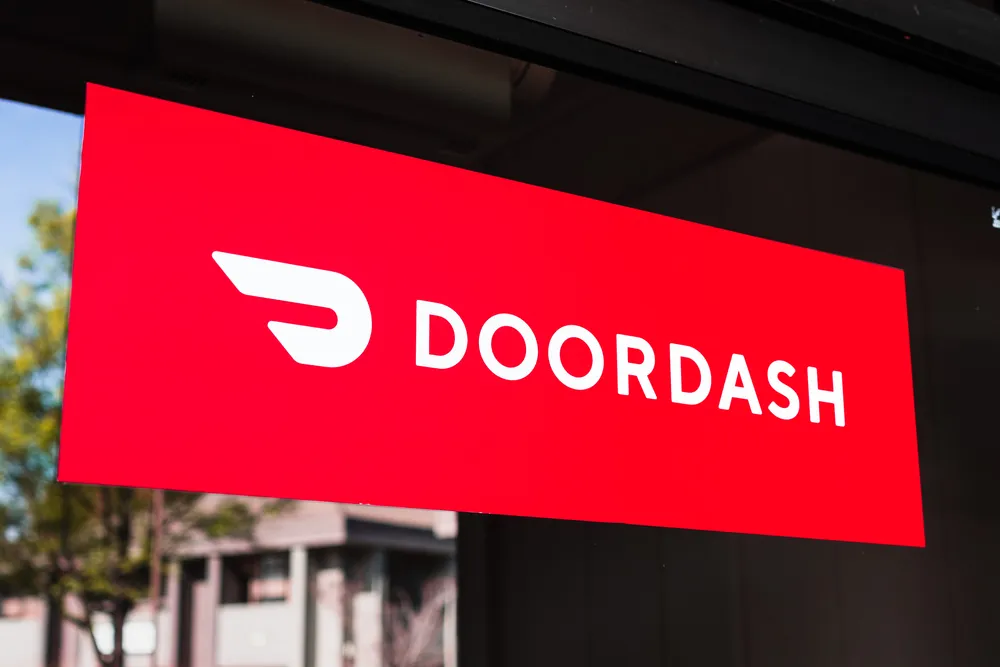
Do any of the following real life situations apply to you?
You're a cook who occasionally “works” from home, possibly selling meals to friends and family.
More likely, though, is that you don't make much money, if any, off of this, since you're too soft when it comes to family and friends.
Let's say that you live in a major city — we'll use Los Angeles in our example.
You could be doing more than just cooking for friends and family. After all, people love your dishes, and making money from doing it could be a great opportunity...
Or let's say you have a full-time job, but you're passionate about cooking and want to share your culinary creations with a wider audience...
When you're in the kitchen doing what you enjoy, you find your mind drifting into how to turn your passion into a profitable venture.
Although friends always advise you to open a restaurant, you're not willing to undertake a big and challenging project or invest a significant amount of money in a food truck.
You wish to earn profits your way with flexible hours, low overhead, and still having fun while doing what you love: cooking.
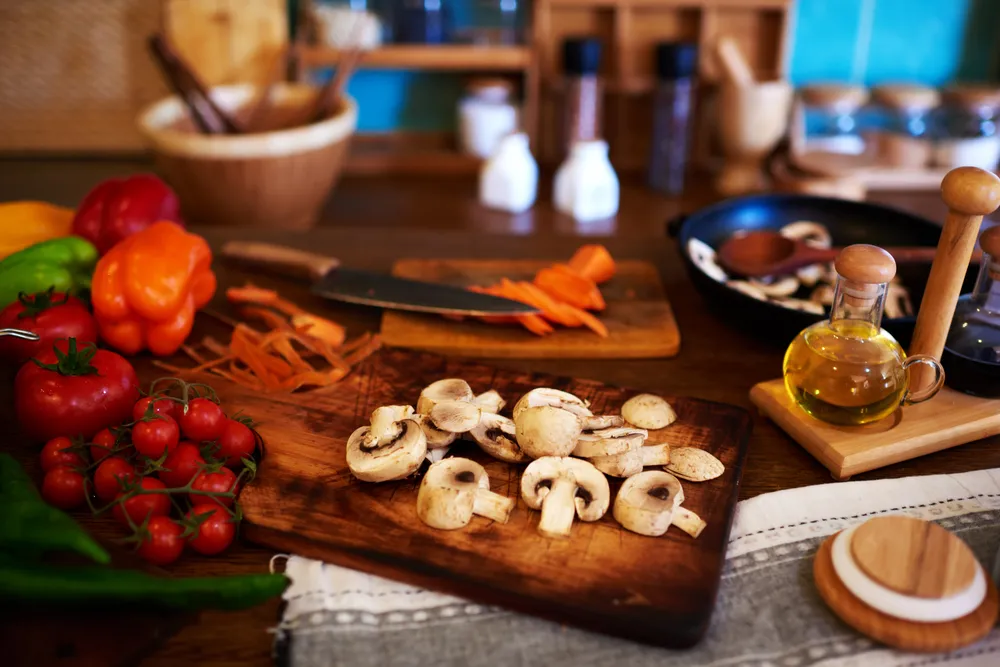
You've just read an article about the ghost kitchen concept, and you're interested in having one under the DoorDash brand for delivery.
No restaurant, no food truck, no sit-in space, no big investment, and no need to hire staff. Just you, your culinary skills, and a delivery platform.
By this point, your mind is racing on whether you could really make this work.
Let's figure it out together.
In this article, we'll explore what a person like you could experience during the process of starting a ghost kitchen with DoorDash.
Step 1: Getting Your Slice of Ghost Kitchen Space
What should be your first priority?
Answer: The location where your food will be cooked.
As convenient as it may be to use your home kitchen, most local health departments require a separate commercial kitchen for food preparation.
In a city like L.A., then, that leaves you with two options:
Construct a professional kitchen
This approach is time-consuming, expensive, and you have to deal with local zoning regulations.Rent space at a shared-use commissary kitchen
This is an easier, faster way to go when it comes to getting things moving.
You start researching local commissary kitchens and find one in Culver City that rents hourly.
It's fully licensed, health-inspected, and has storage for ingredients and packaging.
Perfect! you think.
You lock in a starter plan for 20 hours per week to get cooking right away.
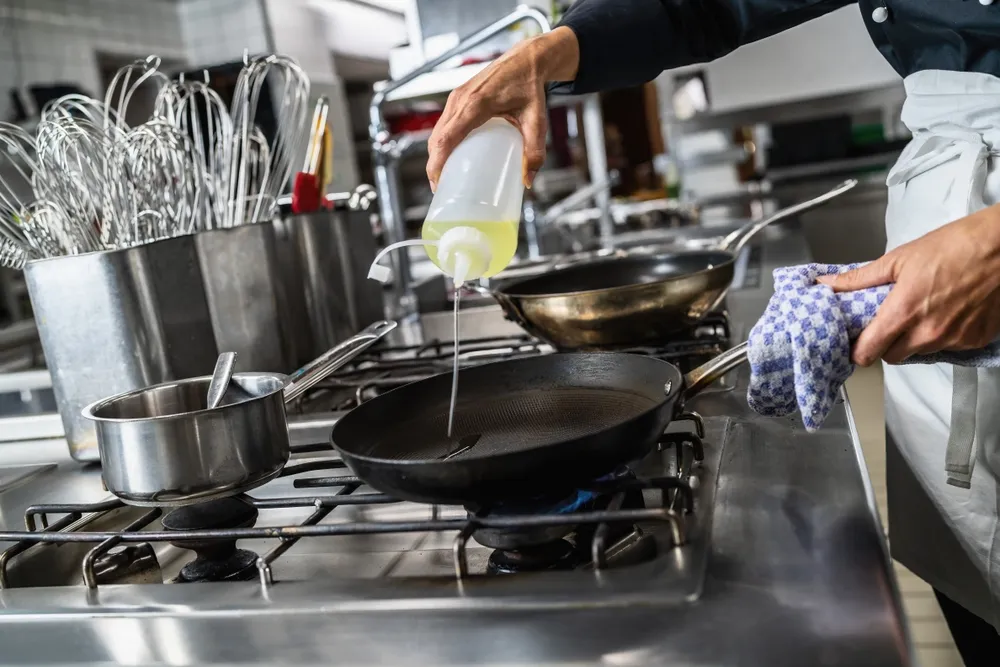
Step 2: Selecting What You Want to Cook
This is the enjoyable part — you have to think about what you will include in your menu.
The food items you've decided to focus on:
✅ Are within your kitchen skills to prepare — often and quickly.
✅ Tastes good and looks appetizing even after a long delivery time of 30–40 minutes
✅ Have enough demand to sell well, even in oversaturated categories such as burgers and sushi.
You land on:
🔥 Korean BBQ beef rice bowls
🔥 Kimchi mac & cheese
🔥 Bulgogi sliders on Hawaiian rolls
They are wonderful in flavor, hold up well after a long journey, and create a buzz in a city full of foodies.
To confirm that these dishes meet your standards, you make a trial order and let it sit there unused for 40 minutes, then you try it.
Everything still checks out: tastes good and looks good! Green light — let’s keep going!
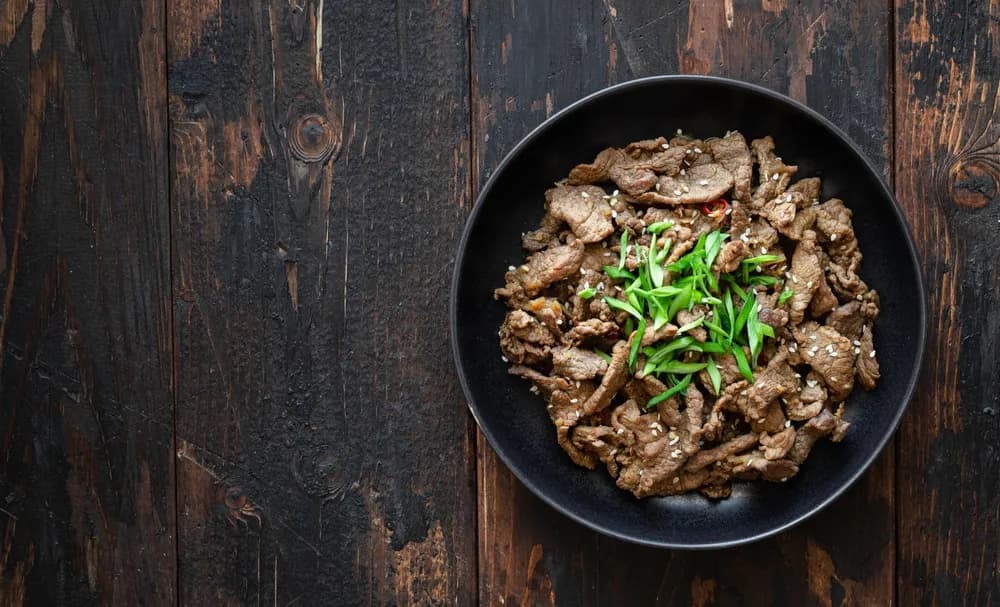
Step 3: Listing on DoorDash
Once you have prepared your food, the next step is to go live.
You create a brand: SoCal Seoul Kitchen.
Then, using your phone and a ring light setup, you take pictures of your dishes that look so good as to make one drool and want to lick their mobile phone screen.
Finally, you choose your working hours according to the time your commissary slot is available.
You register for a restaurant plan on DoorDash

Step 4: Managing Your Expenses
Here's the part that makes or breaks your side hustle: keeping expenses in check.
In Los Angeles, your monthly spending might include:
| Expense | What You're Paying For |
|---|---|
| Commissary kitchen rental | Your hourly or weekly rental fees to use a certified kitchen space |
| Ingredients & packaging | Groceries, sauces, spices, and containers that keep food hot and safe in transit |
| DoorDash commission | A small percentage 15% to 20% of each order is paid to the platform for access and visibility |
| Licenses & permits | Health department approvals, food handler certifications, and business registration |
| Marketing | Instagram ads, professional photos, and maybe even some influencer partnerships |
Table of Monthly Expenses for Your Ghost Kitchen
Managing these well—tracking them, adjusting as you grow, and keeping things lean—is what keeps your ghost kitchen running profitably in an expensive city like L.A.
Step 5: Assessing Viability and Growth
After you are in the flow, the following key things will become clear:
Your specialty is your strongest selling point
Your specialty is the ingredient that can light up your business. Be different to get attention on DoorDash. Test out a dish, see if it catches on, but if it doesn’t, be prepared to move on to another and test again.Proper wrapping is a smart investment
No one will be okay with a wet meal. High-quality containers attract returning customers.Reliability matters
Be consistent with your quality, be reliable with the overall order. A single wrong order can result in a bad review, so every dish has to be perfect.
You've Got This!
Once you have found your groove, you can look for opportunities to expand the variety of dishes.
For example, consider creating Korean brunch kits only for weekends.
You can even go a step further and aim to be listed on other
food delivery apps, such as Uber Eats or Grubhub, for improved visibility.
It's a sure thing that you are more than “someone who can cook.”
You are a small-scale food entrepreneur who has chosen the ghost kitchen business model to enjoy a regular income using your skills, your ability, a shared kitchen in your town, and a smartphone.
This may be the first step to your next adventurous journey.
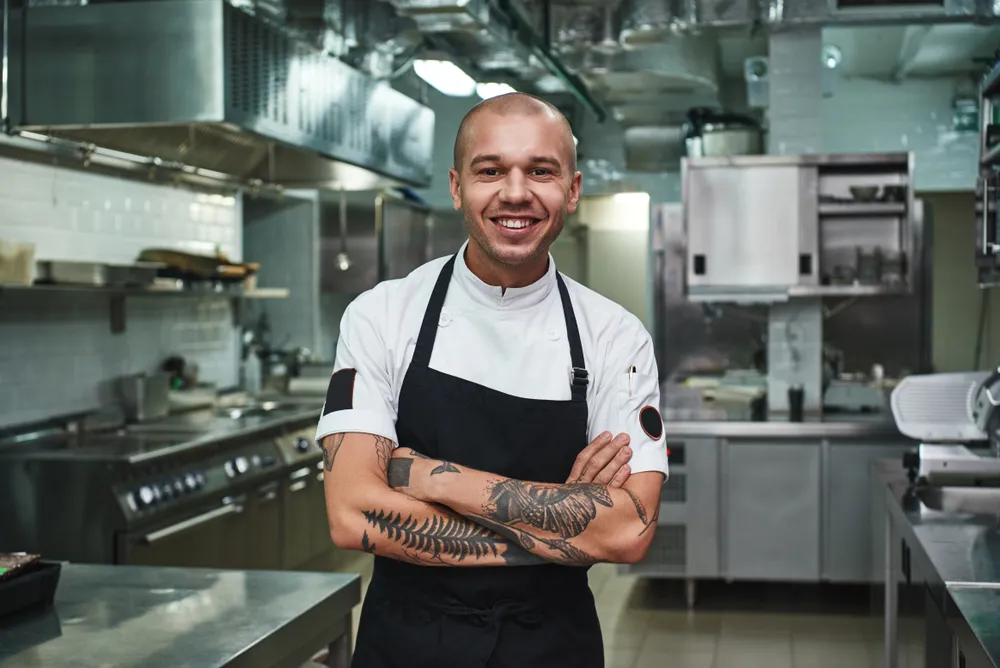
©2025 Cocina Digital Hospitality Group, Inc. All rights reserved.
No part of this publication may be reproduced, stored in a retrieval system, or transmitted in any form or by any means, electronic, mechanical, photocopying, recording, or otherwise, without the prior written permission of the publisher.
We use cookies to enable you to use our site, understand how you use our site, and improve your overall experience.
Cookies allow us to personalize content, track which pages are most popular and least popular, and provide advertising that may be relevant to you.
Please note that cookies that are essential to the proper functioning of the site are required and cannot be disabled.
They are usually only set in response to actions made by you which amount to remembering your settings, a request for services, such as setting your privacy preferences, logging in, or filling in forms.
As such, they are the only cookies that are enabled by default.
You can set your browser to block or alert you about these cookies.
By continuing to use our site, you accept our use of cookies.